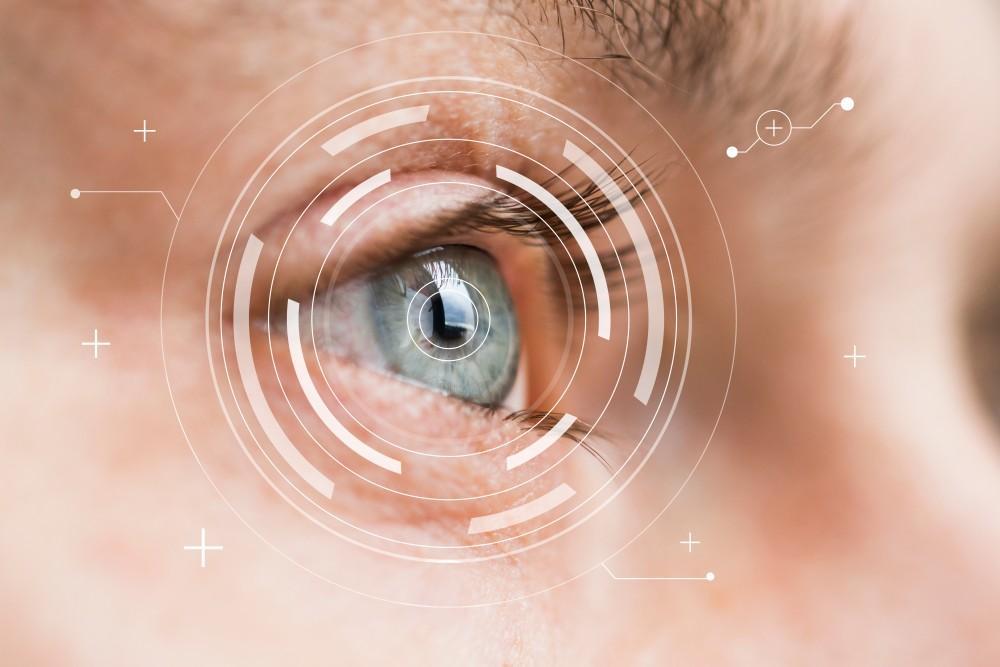
Reasons Why Your Night Vision is Declining

If you’re starting to have trouble seeing clearly at night, but things still look fine during the day, you’re likely one of the many people who are struggling with night vision issues.
The good news is that there are plenty of solutions to night vision problems, depending on what’s causing your issues.
Stephen Khachikian, MD, in Rapid City, South Dakota, has been treating night vision problems for years. Here are some of the common reasons for night vision issues and what can be done about them.
Your prescription
If you wear corrective lenses with a small prescription to fix your distance vision, this may throw off your night vision. You just need to see your eye doctor for a comprehensive vision exam, and a new prescription may solve the problem.
Nutrient deficiency
If a vitamin or mineral deficiency is affecting your night vision, vitamin A and zinc are usually the culprits. Vitamin A is an essential nutrient for keeping your retina healthy, and zinc helps your body absorb the proper amounts of vitamin A. If you don’t get enough of these nutrients in your diet, or if you have a health issue that prevents you from absorbing nutrients well, your night vision may suffer. See your doctor about your vitamin and mineral levels.
Cataracts
As you get older, cells inside the lens of your eye can die and build up, which can make your vision cloudy. One of the first symptoms of cataracts is declining night vision, which may make you see halos around lights at night. It’s also common to have blurry vision with cataracts. If cataracts are causing your problems with night vision, removing them through surgery should improve your condition.
Too much sun exposure
Prolonged exposure to sunlight without wearing eye protection can also be a factor with night vision problems. Make sure to keep your sunglasses on when you’re outside to avoid this problem.
Diabetes
Years of high blood sugar caused by diabetes can damage the blood vessels and nerves in your eyes, which can lead to trouble seeing clearly in low light. The best way to handle this issue is to keep your diabetes under control as much as possible. Be consistent in managing your disease to keep it from causing additional complications.
If you’re dealing with night vision issues and would like to know what’s causing it and how it can be treated, book an appointment online or over the phone with Stephen Khachikian, MD, today.
You Might Also Enjoy...


I’m Not a LASIK Candidate. What About PRK?

Telltale Signs Your Eye Problem Is a Cornea Issue

Why Are Cataracts Common In Seniors?

Can You Prevent Keratoconus From Getting Worse?


